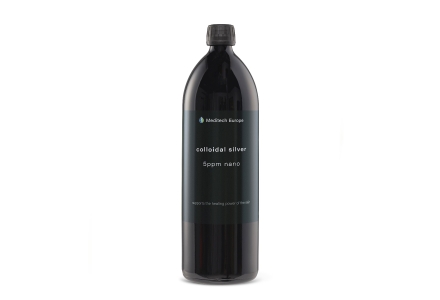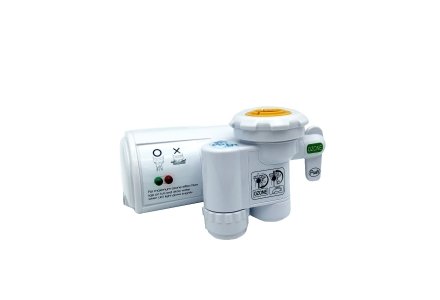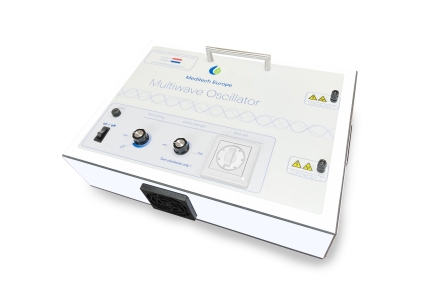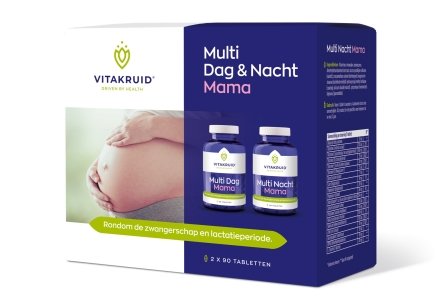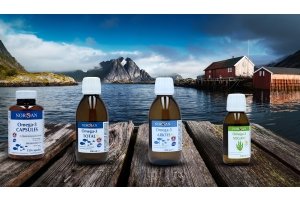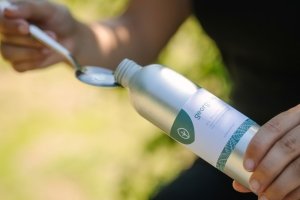
Sugar is omnipresent in our modern diet, and its negative health effects are well-documented. As a result, consumers increasingly turn to sugar substitutes to limit their sugar intake. These alternatives, often used in "light" and "zero" products, are typically presented as healthier than sugar. However, it is crucial to critically examine these substances and consider their potential health risks. This article provides an extensive and critical analysis of various sugar substitutes, including their benefits, risks, and the reliability of official agency recommendations.
Artificial Sweeteners: Aspartame, Sucralose, and Acesulfame-K
Aspartame
Aspartame is one of the most widely used artificial sweeteners and is found in a wide range of products, such as soft drinks, desserts, and gum. It is about 200 times sweeter than sugar and is considered safe by official agencies like the FDA and EFSA within the acceptable daily intake (ADI).
Health Risks
However, various alternative sources highlight potential health risks. Aspartame has been associated with neurological disorders such as headaches, migraines, and even depression. Moreover, people with phenylketonuria (PKU), a rare genetic disorder, must completely avoid aspartame because it contains phenylalanine, an amino acid they cannot metabolize.
Cancer
The relationship between aspartame and cancer remains a source of ongoing debate. While large epidemiological studies have not shown a clear link, some experts and studies suggest a potential increased risk of certain types of cancer with high intake.
Sucralose
Sucralose, known by the brand name Splenda, is about 600 times sweeter than sugar and remains stable when heated, making it a popular choice for baking and cooking. Like aspartame, sucralose is approved by the FDA and EFSA and is considered safe within the ADI.
Health Risks
Concerns exist about the effects of sucralose on gut health. Some studies suggest that sucralose can disrupt gut flora, leading to gastrointestinal problems and potentially negative effects on the immune system. Additionally, there are indications that sucralose may affect insulin resistance, potentially increasing the risk of diabetes.
Acesulfame-K
Acesulfame-K is another widely used artificial sweetener, often used in combination with other sweeteners to achieve a synergistic effect. It is about 200 times sweeter than sugar and is also considered safe by official agencies.
Health Risks
There are concerns about the long-term effects of acesulfame-K. Some studies suggest it may be carcinogenic, although these findings are not definitive. Additionally, concerns exist about the effects of acesulfame-K on pregnancy and fetal development, as it can pass through the placenta.
Natural Sweeteners: Stevia, Erythritol, and Xylitol
Stevia
Stevia, derived from the leaves of the stevia plant, is a popular natural sweetener that is about 200 to 300 times sweeter than sugar. It is calorie-free and often used in beverages, sweets, and even some baked goods.
Health Benefits
Stevia is often praised for its potential health benefits, including the ability to lower blood sugar and blood pressure levels. Studies suggest that stevia may have positive effects on people with diabetes and hypertension.
Health Risks
Despite these benefits, there are concerns about the potential hormonal effects of stevia. Some components in stevia may affect endocrine functions, leading to hormonal imbalances. Additionally, some individuals may experience allergic reactions when using stevia, though this is rare.
Erythritol
Erythritol is a sugar alcohol that has about 70% of the sweetness of sugar. It is low in calories and is often used in combination with other sweeteners. It is generally well-tolerated, but high consumption can cause gastrointestinal issues such as bloating and diarrhea.
Health Risks
While erythritol is generally considered safe, concerns exist about its effects on gut health. Overconsumption can lead to bloating, gas, and diarrhea in some people. These side effects are usually caused by the fermentation of sugar alcohols in the large intestine.
Xylitol
Xylitol is another popular sugar alcohol often used in gum and sugar-free candies. It has about the same sweetness as sugar but with fewer calories.
Health Benefits
Xylitol offers some benefits for dental health, such as reducing the growth of cavity-causing bacteria. This makes it a popular choice for sugar-free gum and dental care products.
Health Risks
Like erythritol, xylitol can cause gastrointestinal issues such as gas and diarrhea when consumed in large amounts. Moreover, xylitol is highly toxic to dogs, which is an important consideration for pet owners.
Health Claims and Caution
While most official agencies like the FDA and EFSA affirm the safety of these sweeteners within the recommended amounts, caution is essential. Many approvals are based on short-term studies, and the long-term effects are often not fully understood. Alternative health sources and some scientific research highlight potential risks not always acknowledged by mainstream health agencies.
The Problem with Official Guidelines
Official agencies like the FDA and EFSA often base their recommendations on studies indicating that extremely high doses of a substance are needed to cause harmful effects. While this is true, it is notable that these same agencies often issue strong warnings against the use of "alternative" products like colloidal silver or ozone without mentioning that similarly high doses are required to cause harmful effects.
Conclusion
While sugar substitutes may seem like an attractive option to reduce sugar intake, caution is warranted with their consumption. It is important not to blindly trust the safety advice of official agencies and to stay informed about new research and alternative insights. Moderating both sugar and its substitutes, combined with a balanced diet and a healthy lifestyle, remains the best approach for optimal health.
By staying critical and mindful of our diet, we can make the best choices for our health. It is wise not to unquestioningly accept the "healthiness" of sugar substitutes, and the credibility of official agencies can sometimes be difficult to gauge. This underscores the necessity for consumers to be well-informed and cautious with both sugar and sugar substitutes.
